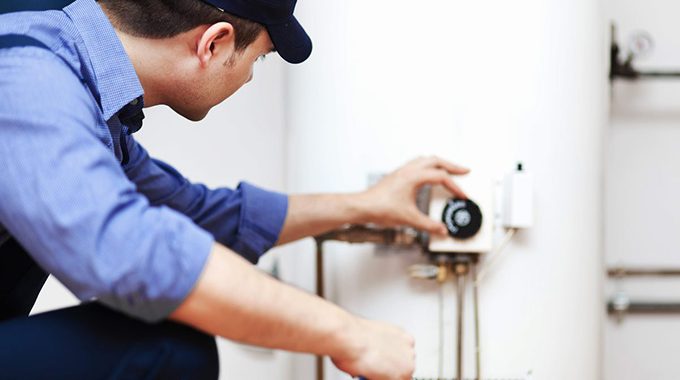Open Monday-Friday: 9.00AM - 5.00PM

By:webski in Electrical
How To Choose A Hot Water Heater
If you need to buy a new water heater because your existing one has failed or you are renovating, you should consider exactly what type of water heater will best meet your needs. There are several energy efficient hot water technologies that you can choose from.
What do I need to consider?
Water heater performance and choosing the best technologies for your circumstances depends on a variety of factors:
• How much hot water you use
• The time of day you use hot water
• Your house size
• How many people live in your household
• The energy sources available in your location
• The tariffs available to you
There are also more general issues you should consider in purchasing your system:
Where can I install my water heater?
Depending on the type of system you wish to install, water heaters may be installed indoors, outdoors, on the roof, or a combination of those places. Ideally the water heater should be near the bathroom with short pipe lengths between the tank and the bathroom taps to reduce the delay between turning on a tap and getting hot water.
The cost of a water heater is not just the price of the unit. You should also take into consideration its installation, running and maintenance costs as well as warranty on the hot water system or parts e.g. compressor, pump, panel or evacuated tubes. Grants and/or rebates may be available that can help with the cost of your system.
What energy source will my water heater use?
Depending on whether you install a heat pump, solar water heater with an electric booster, or solar with a gas booster, you may need to check if your unit needs to run on a particular tariff.
What questions should I ask about installations?
It’s a good idea to call your local council to see if approval is needed for an installation, this is particularly required for outside installations. This service may be provided by your installer.
Check that the tradespeople installing the system are all licensed and accredited to carry out the work.
Identify various suppliers/installers and proceed to seek out quotes on the units you may be interested in.
Be sure that you understand the differences between systems and the optional components.
There are also some specific issues you should consider when purchasing particular technologies:
Solar
• Is there access to unshaded roof space?
• What direction is the solar collector able to face?
• Do I need frost protection?
• Does the system chosen require my roof to be reinforced to handle the weight of the system?
• Gas or electric boost?
Gas
• Do I have access to reticulated natural gas or would I need to use LPG?
Heat Pump
• Is the unit appropriate for the climate in my area?
Note: not all heat pumps perform well in cold climates.
Heat pumps need adequate airflow. Is the location suitable to allow for this airflow?
• How much noise is generated during the operation of the unit and is this likely to affect my neighbours or anyone in my house?
Local governments may have their own requirements.
Electricity
• Renewable or grid electricity?
• Your tariff options if using grid electricity –
continuous, off-peak or time of use?
Grants and Rebates
Check what state and federal rebates or grants may be available to you. Refer to www.yourenergysavings.gov.au/rebates for up to date information on rebates. The purchase and installation of a solar water heater or air-sourced heat pump water heater may entitle you to Small-Scale Technology Certificates (STCs) if your system is eligible. For more information please visit www.cleanenergyregulator.gov.au.
Do you require more information?


